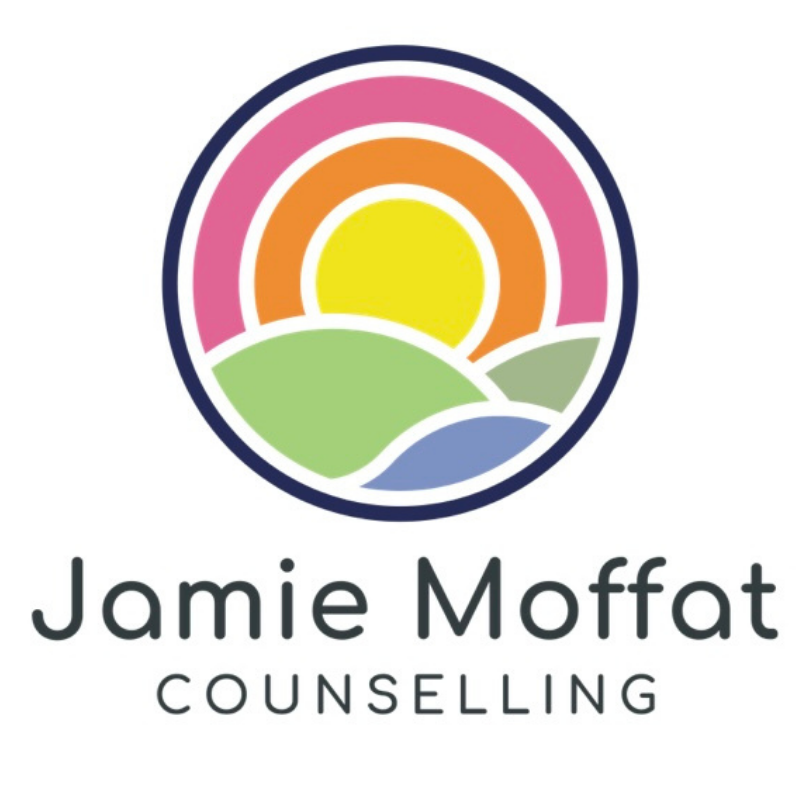LGBTQIA+ Support
A Space Where You Can Be Fully Yourself
Living as an LGBTQIA+ person in today’s world can come with unique challenges that impact emotional wellbeing, self-esteem, and relationships. Whether you’re navigating identity, facing discrimination, or simply trying to feel seen and understood, counselling offers a supportive space where your whole self is welcome.
Speaking with a therapist who is trained in working with LGBTQIA+ individuals can help you explore your thoughts and feelings without judgement—and empower you to move forward with clarity, strength, and pride.
LGBTQIA+ People May Seek Support For:
• Exploring or accepting your sexual orientation or gender identity
• Navigating gender dysphoria or a desire to transition
• Facing rejection from family, friends, or your community
• Coping with homophobia, transphobia, or internalised shame
• Recovering from bullying, discrimination, or harassment
• Struggling with low self-esteem, anger, or depression
• Managing isolation, suicidal thoughts, or self-harm
• Dealing with substance use, compulsive behaviours, or chemsex
• Wanting healthier relationships, intimacy, and dating experiences
Even within the LGBTQIA+ community, it's possible to feel isolated or disconnected. You may feel uncertain, overwhelmed, or like no one fully understands. You're not alone—and you deserve support that truly sees you.
Discrimination & Its Impact
Discrimination occurs when someone is treated unfairly because of who they are. For LGBTQIA+ individuals, this can happen in subtle or direct ways—from being excluded, stereotyped, or judged, to experiencing violence or systemic inequality. These experiences can be traumatic and deeply affect mental health.
Stigma, homophobia, and transphobia still persist—and they can lead to anxiety, depression, substance misuse, and difficulties with trust or connection.
Counselling offers a safe, affirming space to unpack these experiences and begin to heal.
How LGBTQIA+ Counselling Can Help
LGBTQIA+ affirmative therapy is rooted in understanding, respect, and celebration of identity. It can help you:
• Develop self-acceptance and inner confidence
• Build resilience against societal or familial pressure
• Create tools to manage stress, fear, and emotional triggers
• Explore relationships, boundaries, and sexuality with openness
• Address the impact of trauma, shame, or internalised judgement
• Connect with your values, identity, and goals more fully
This is your space—to be seen, heard, and supported without having to explain or defend who you are.
Affirming, Non-Judgmental Support
Whether you're questioning, exploring, coming out, or seeking deeper emotional support, counselling can offer a grounding presence through every stage of your journey. You deserve to feel safe, respected, and empowered.
